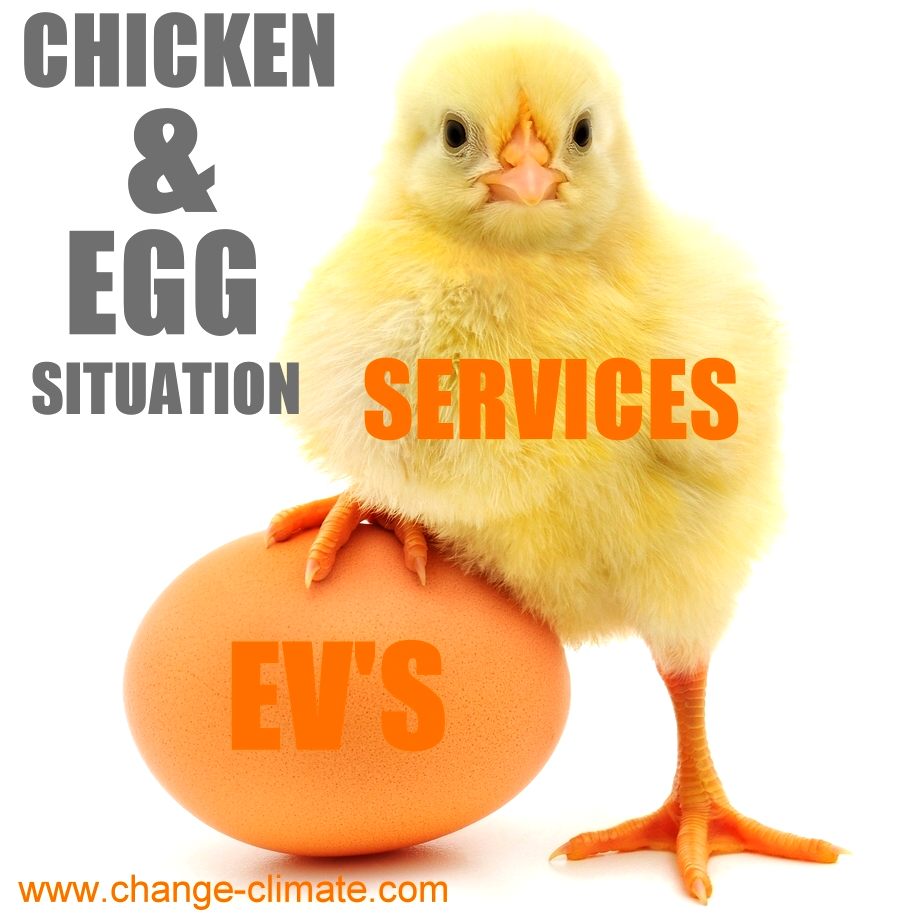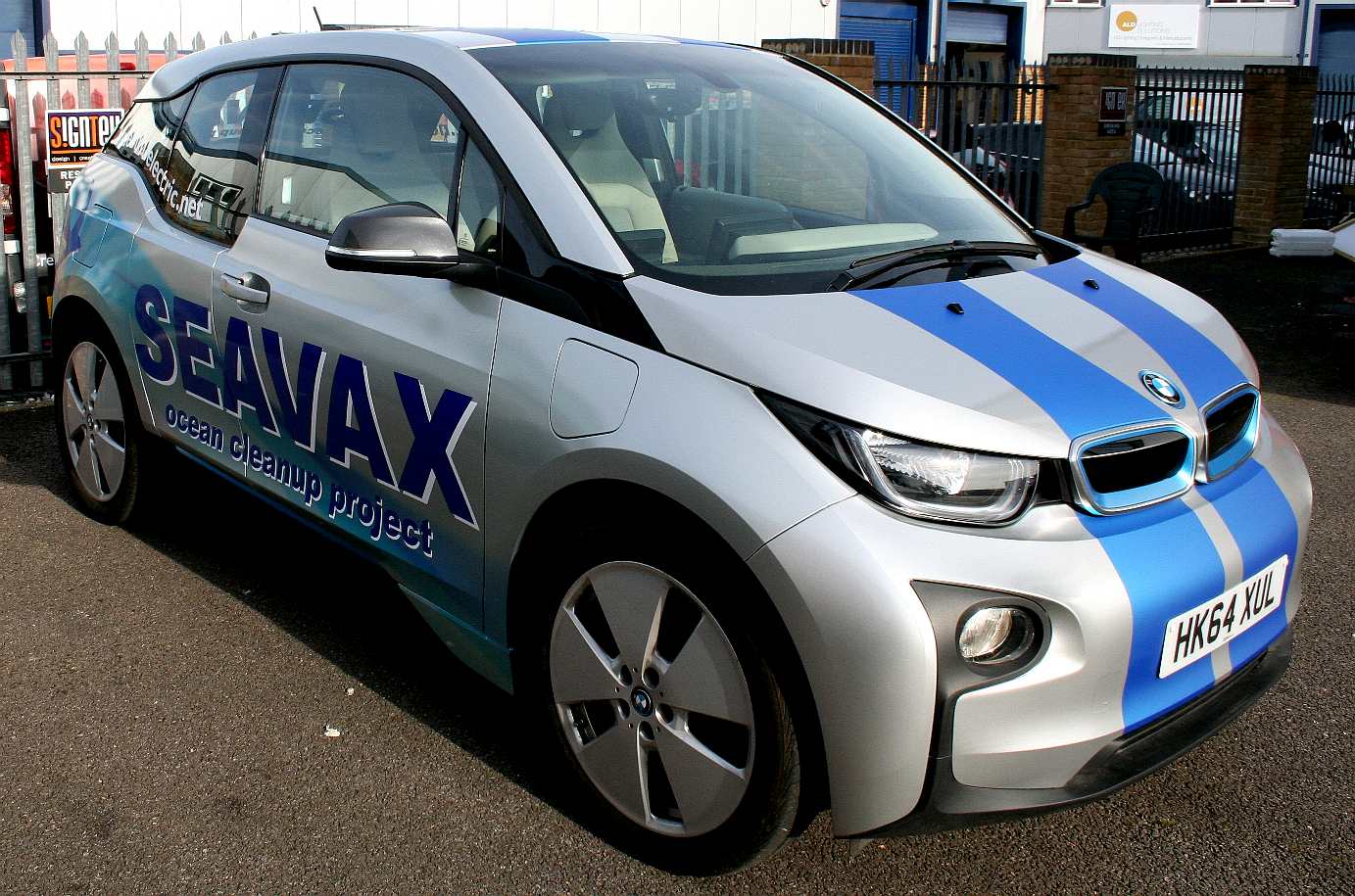|
SMARTER METHANOL - UNIVERSAL ENERGY CARTRIDGES
Please use our A-Z INDEX to navigate this site where page links may lead to other sites, or see HOME
|
|
|
Better Place were too far ahead of their time with the EV service station above. This advanced unit could exchange battery cartridges in minutes, rather than use plug in charging, but could not cater for hydrogen vehicles or offer load levelling for national grids as with the SmartNet™ system. When it comes to handling hydrogen, the proposed stations are potentially safer than any piped gas system. Homologation could take place in spite of OEMs stakeholdings, if they continue to remain aloof to the infrastructure problem, via independent automotive and energy consultants.
FUTURE PROOFING YOUR INVESTMENTS
If you are a government or other major investor looking for ways to transition from diesel and petrol vehicles before 2030, you may have realised that with the number of competing green fuels, all bidding for the same business, that the market is confused. And a confused investor, or policy maker is hardly likely to want to place a bet, and throw all that money down the drain as new energy chemistries are invented.
That is where 'Universal Smart Batteries' come in, with a way to invest with reduced risk. Not in any particular chemistry, but in a system that caters for all existing chemistries, and allows for new formats as they are developed. Of which methanol is one promising technology, with some hurdles to overcome.
We reduce the size of your leap of faith - in a chicken and egg situation.
The proposed universal format includes expansion for ammonia, hydrogen (compressed gas and liquid), lithium and methanol chemistry. But the base unit remains identical, such as to standardize energy cartridges - as future proofing for investors, automotive, marine manufacturers and fleet operators.
For van and truck OEMs, it is an easier decision. A kit simply bolts to the underside of their existing chassis, and in a couple of hours your EV (typically) is compatible with the SmartNet system. Overcoming the chicken and egg situation to a greater extent, but only when there are smarter services stations in existence. Hence, to make it happen, we need the service stations matched to the Universal Cartridges, as an affordable turnkey option.
The SmartNet™ 'universal' energy cartridge' is the beating heart of SmartNet™ service stations. They are a modular design, to allow supply of different capacities to different vehicles. These 'smarter' service stations are geared to this concept, such that your hatchback, and an 18 wheel truck, can both share the same technology from the same service station - then as better technology is developed, simply swap cartridges for an instant upgrade.
Where storms are causing power cuts as the grid crashes, SmartNet service stations can provide uninterruptible supply of electricity to the elderly and medically vulnerable. You may ask how we might transition from coal power stations to renewables, if in the age of electricity - we cannot rely on power - because of network failures?
The answer is that we need local facilities that are aware of the national situation, such as SmartNet storage depots - to take up the slack.
CLEANING UP OUR ACT - Henrietta the hatchling chick, thinks she may have something to chirp about. She thinks she may have cracked it, without spilling the yolk. But she doesn't know enough about fuel cells and geodata to put it all together is a feasible form. She thinks we need a feasibility study, and other R&D to make it happen. She's got us chirping about it.
The system is based on a popular size for a container in which it is possible to house fuel cells and hydrogen storage cylinders and/or lithium batteries, methanol and ammonia (as that format is developed) including control electronics, such that the containers are interchangeable when used to provide energy for electrically propelled vehicles. This is only possible with our special loading and connection arrangement - coupled to a versatile delivery system.
Automated, or self drive autonomous vehicles will need an energy infrastructure that allows automation (like a vending machine) for billing and payment transactions at energy exchanges. Most OEMs have been fighting shy of meshing with the need for such a versatile EV infrastructure, but when it comes to roadside servicing and autonomous robotic vehicles such as Robotaxis and Robotrucks, these unmanned vehicles will need a way of refuelling that does not involve human intervention in normal use, if a truly convenient and continuous service is to operated.
The other component of the SmartNet™ system is Pay As You Drive (PAYD). This allows robotic vehicles to recharge, without a human in sight.
HYDROGEN BMW i3 - Why didn't BMW future proof this vehicle with plug-and-play versatility? The battery cartridge and Range Extender (RE) could have been interchangeable with other EV technology.
The roof and bonnet could have included solar panels. Most EVs could include a solar roof. It's very popular on houses. All contributions of this kind would help us save Planet A.
At the moment this vehicle is for the motoring elite. But could a hydrogen/methanol fuel cell conversion change all that? COF Ltd is looking for development partners and grant and other funding to make this happen.
EU & HORIZON EUROPE FUNDING APPLICATIONS
The official position
regarding EU funding for UK concerns, is that the UK has applied for association to Horizon Europe but that the EU has yet to formalise this.
If, at that point, the UK’s association to Horizon Europe has still not been formalised, the UK participant may be asked to become an “Associated Partner” instead. Such a partner does not sign the grant agreement and the costs of their participation would be covered by the UK Government guarantee for the lifetime of the project (i.e. even if the UK becomes formally associated once their project starts, their UK grant would continue).
Please use our A-Z INDEX to navigate this site
This website is provided on a free basis to promote zero emission transport from renewable energy in Europe and Internationally. Copyright © Universal Smart Batteries and Climate Change Trust 2022. Solar Studios, BN271RF, United Kingdom. The name SmartNet™ is a trademark.
|


